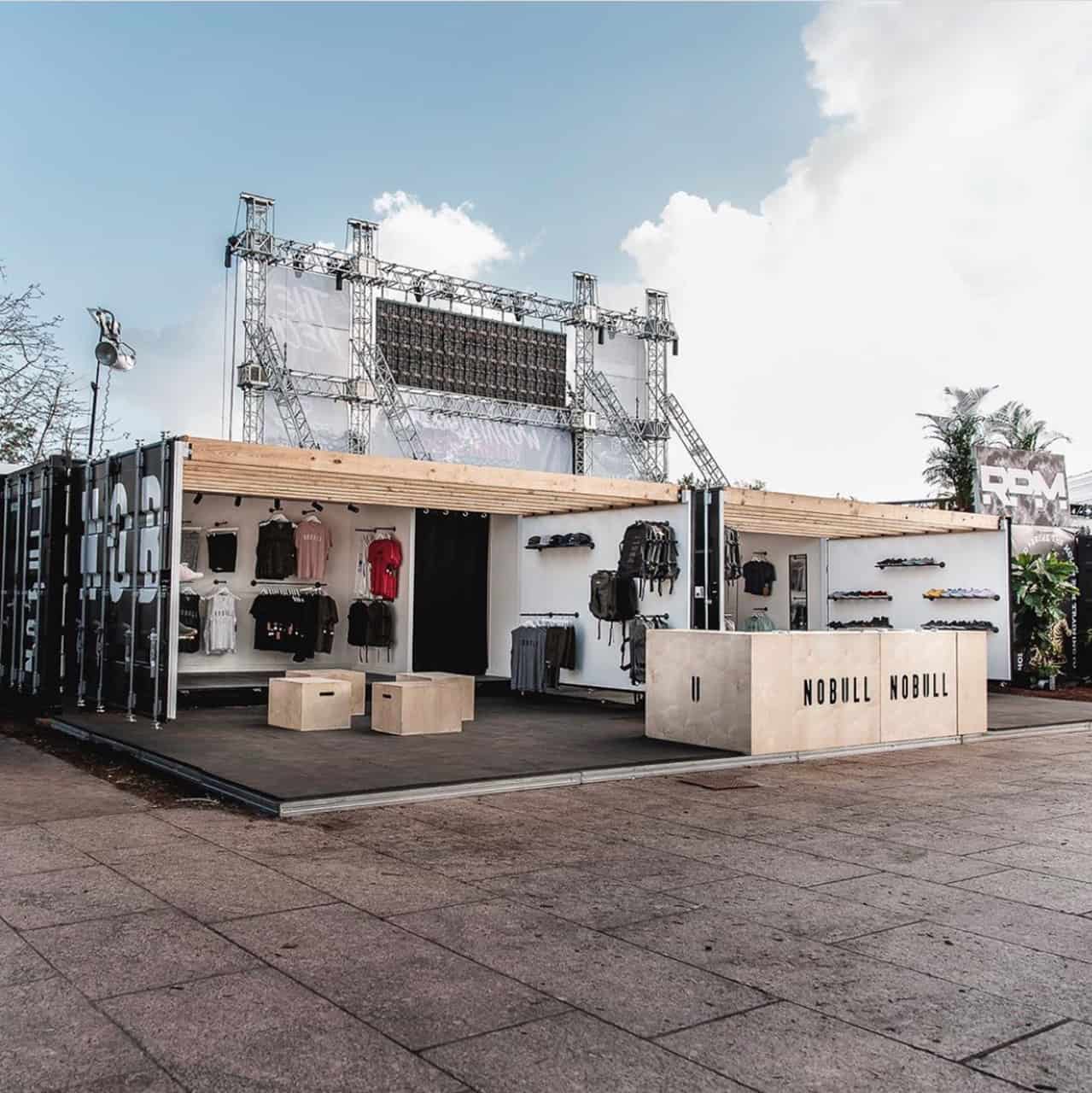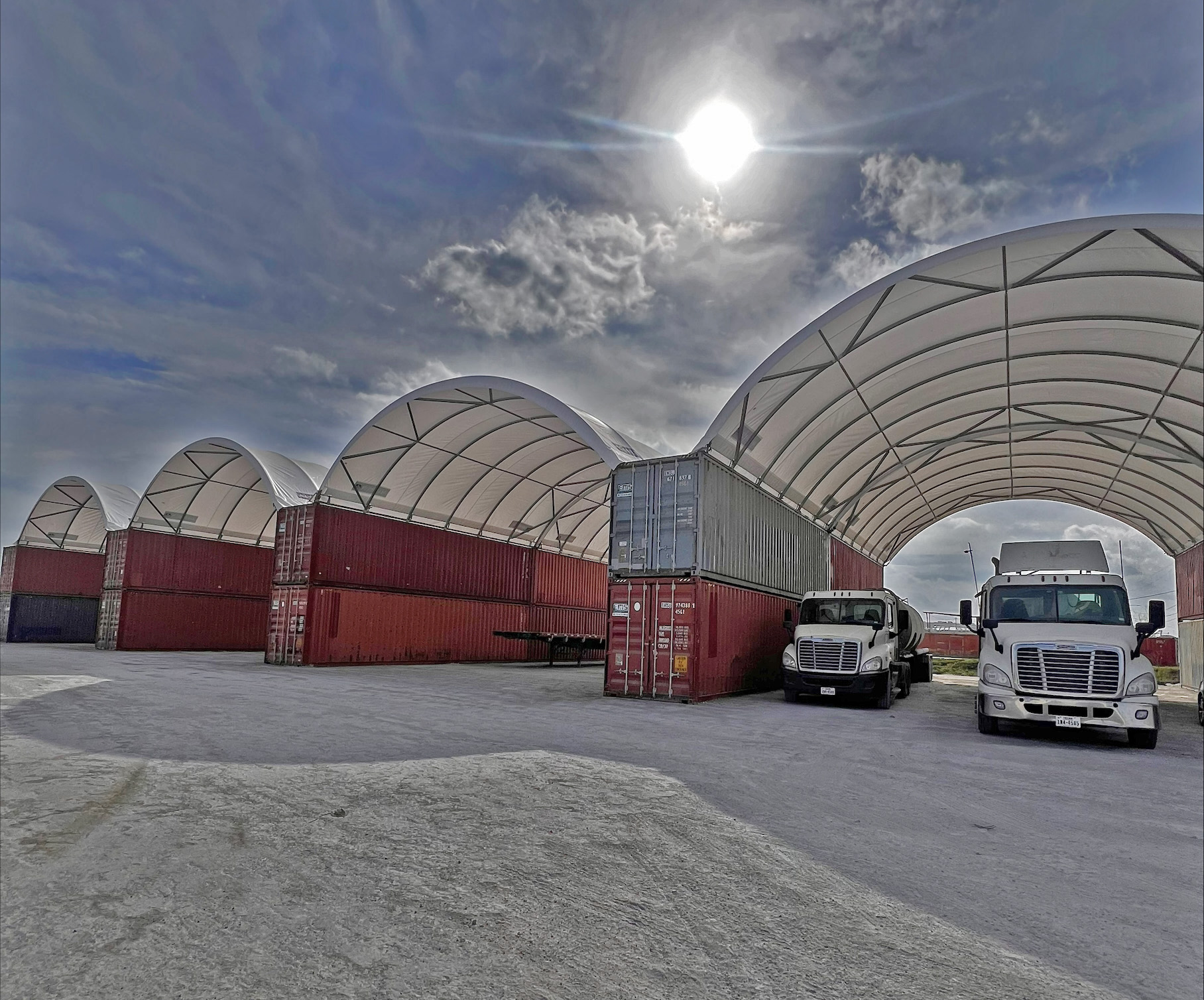After the disappointing 1.8% growth in 2016, global trade has finally regained pace. In fact, just last year, trade growth shot up to 4.7%, over 1% higher than predicted, and it was the fastest recorded expansion rate since 2011. The increment was due to a number of factors, particularly increase in investment spending and consumption in several superpower countries, such as the U.S.
This recent statistics could only mean one thing for entrepreneurs—an opportunity to jump on the bandwagon and put up an import/export business of their own. However, the path to a successful import/export business isn’t going to be easy. It’s a complex process that involves a huge deal of considerations. If you are planning to grab the opportunity yourself, here are some helpful tips you can use.

Find a Forwarding Company to Partner With
Unless you are capable of starting big and building your own logistics infrastructure, you will need forwarding service to move your products from point A to point B. Make sure that the forwarding company you will hire is not just reliable in terms of handling products from pickup to delivery but also works with a trusted container shipping line. This way you can be sure that your products will be safe both on land and on sea.
Some freight forwarders even have their own ships, making them a better bet for traders as they can expect inspection and documentation to be less redundant and that their freights will be boarded to the ships and arrive at their destination on time. The freight forwarder will be responsible for picking up your goods at your factory or warehouse, loading them into the shipping containers, and trucking them to the dock.
Or Build Your Own
This is a huge decision that you would rather not make too soon. Not only will it cost you a lot of money but the logistics can be very tricky, too. Just wait until you are financially and physically capable before you include that in your plan. However, supposing you already have all the resources you need, this can benefit you a lot. Then again, you will have to take care of a number of things.
Invest in Shipping Containers. How many shipping containers you should purchase will depend on the volume of orders you are getting. For starters, a unit or two may be enough in the beginning, as a single unit could contain a pretty large amount of goods. As your business expands and you start delivering to more than a few suppliers, that’s the time you may consider purchasing additional units. It would definitely benefit you to contact top shipping container suppliers, like Equipment Management Services, who supply shipping containers in Houston and throughout the USA.
Trucking will be on you as well. So you need to invest in trucks, too. To load and unload the shipping containers on the trucks, you’ll need a forklift or a crane. Other types of vehicle may come in handy so consider investing in them, too. One advantage of owning your containers and vehicles is that you can have them parked right next to your warehouse or factory so that loading and transportation will be easier and quicker.
Find a Container Shipping Company that Meets Your Needs. Unless, of course, you’re planning to have your own ship apart from the forwarding fleet, you can just select among the many container shipping lines the one that meets your needs. This company must have an efficient clearing and embarking process as well as unloading and transferring at the next dock.
All of these represent just the tip of the iceberg. A wide variety of other aspects need to be covered in your plan. One in particular that should also be your priority is learning the laws governing international trade. Those laws, in fact, belong to the broader field of international economic law, so, you better expand the coverage of your study. Make sure that all facets of your business adhere to these laws to avoid facing serious legal issues down the road.
Source:
WTO trade forecasts: Press conference, wto.org









